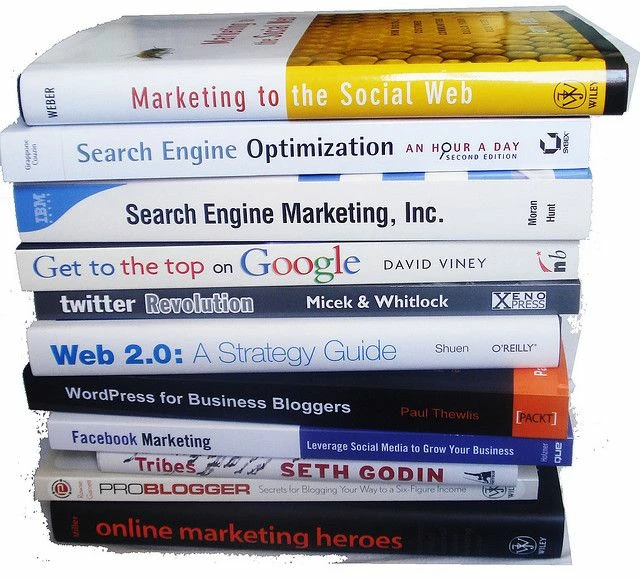
Partner Article
Get Your Local Business Found on Google
Whether you are an online or offline retailer SEO is not an optional extra. The Yellow pages and other offline directories are pretty much dead and if you want your business to be found, rather than your competitors you need to get smart and get optimised.
While SEO for all businesses follows a similar set of principles (get to the top of Google, make yourselves as easy to find as possible), local business SEO has a host of delightful quirks that set it apart from national level campaigns.
We could discuss the trials and tribulations of local SEO for days, but one concept encapsulates pretty much everything – relevance.
Google is placing more and more emphasis on business listings being relevant to its search users. This means the easier you make it for Google to identify you as relevant to your local consumers, the more it will reward you by placing you at the top of its SERPS.
So how do you make yourself more relevant to Google?
Well there are two ways you should be making yourself relevant; via your business sector / products and via your location. For this part of the series I’m going to delve into the location-based aspects – that means exciting link building tips and SEO brand recognition activities will be following next time!
1. Quick wins – Taking very little thought or action on your part is the inclusion of your location in your title tags. There are debates in regards to most areas of on-page keyword usage, but this is the pretty much undisputed on-page champion! As a side note making sure that your address is featured prominently on your website is also a fantastic idea. Google loves it and it gives you major trust factor kudos with your customers!
2. Consistency – Less of a quick win but incredibly important is being religious about your information management. It can be a terrible shock to search Google and realised that a mass of mis-information exists about your business – some of the worst culprits for this are directories that create a ‘sales’ listing to lure you in, sometimes with completely incorrect information!
3. Rich snippets – Again, not a quick win and one of the more technical items within the post, rich snippets are highly valued by Google. In short, this is embedded code within your website that Google can extract to better define its content. If you are comfortable with coding visit http://schema.org/LocalBusiness to find out more. If not, this is something I would highly recommend getting a professional in to do. Google massively rewards those that have rich snippets within their site and this is only going to continue.
4. Google Local – Google local, Google Places for Business, Google Plus, I can never quite work out what its name is now, but that doesn’t undermine its importance! Google local has been given more real estate on SERPs (Search Engine Results Page) and great opportunities to optimise. Make sure you have correct details, map positioning and add photos and / or videos.
5. Citations, citations – Forget about links (no, don’t really, links are still horribly important!) and start focusing on citations. A citation is a “mention” of your business on a webpage, with or without a link. These are becoming increasingly important as an SEO tool. As with links, citations have different values depending on where they are. Focus on high quality directory sites and make sure that any membership sites (like Chamber of Commerce) feature correct and up-to-date information.
This was posted in Bdaily's Members' News section by Signs Express Newcastle .
Enjoy the read? Get Bdaily delivered.
Sign up to receive our popular morning National email for free.








 Raising the bar to boost North East growth
Raising the bar to boost North East growth
 Navigating the messy middle of business growth
Navigating the messy middle of business growth
 We must make it easier to hire young people
We must make it easier to hire young people
 Why community-based care is key to NHS' future
Why community-based care is key to NHS' future
 Culture, confidence and creativity in the North East
Culture, confidence and creativity in the North East
 Putting in the groundwork to boost skills
Putting in the groundwork to boost skills
 £100,000 milestone drives forward STEM work
£100,000 milestone drives forward STEM work
 Restoring confidence for the economic road ahead
Restoring confidence for the economic road ahead
 Ready to scale? Buy-and-build offers opportunity
Ready to scale? Buy-and-build offers opportunity
 When will our regional economy grow?
When will our regional economy grow?
 Creating a thriving North East construction sector
Creating a thriving North East construction sector
 Why investors are still backing the North East
Why investors are still backing the North East